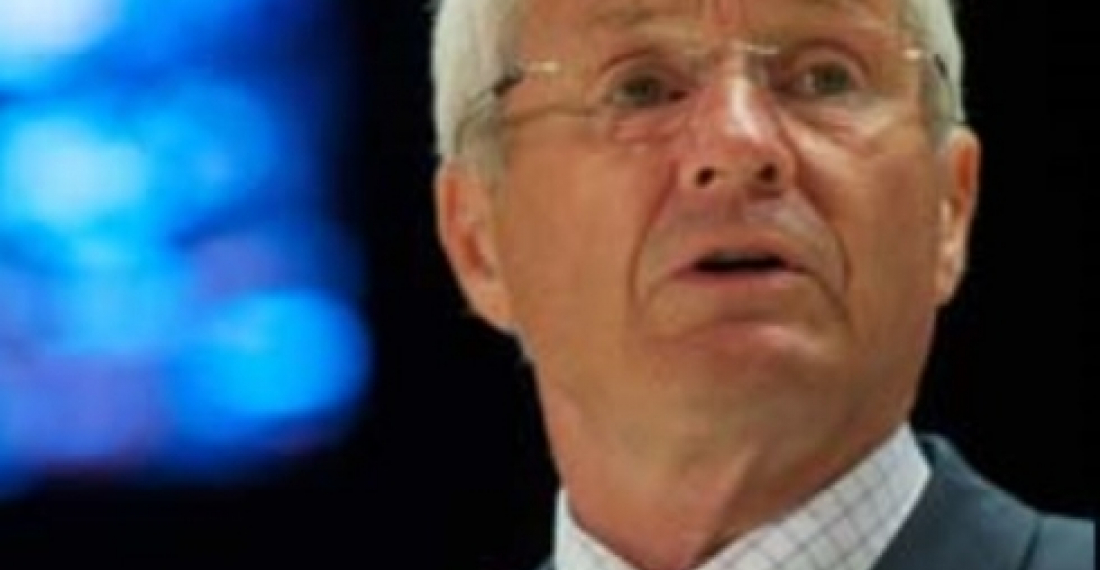The Secretary General of the Council of Europe, Thorbjørn Jagland, has written to Azerbaijan's justice minister to express his concern over two attacks on jailed activist Ilgar Mammadov.
A statement on the Council of Europe website said that in the 3 August letter to the Justice Minister, Thorbjorn urges him to "investigate thoroughly" the "two physical assaults by fellow detainees," which occurred within the space of two weeks.
The Secretary General wants the minister to "put in place with immediate effect the necessary measures to ensure that the personal security of Mammadov is guaranteed and that his conditions of detention are fully in line with the standards of the Council of Europe."
In the letter, Jagland also highlights the "necessity" of Azerbaijan's compliance with a European Court of Human Rights judgement concerning Mammadov. Before receiving a seven year jail term, Mammadov was director of the Council of Europe's Baku School of Political Studies.
In its May 2014 judgement, human rights judges declared that Azerbaijan was wrong to arrest and detain the opposition politician following his publication of a critical blog post.
The court considered that Mammadov, who had a history of criticising the government, had been arrested and detained without any evidence to reasonably suspect him of having committed the offence with which he was charged, namely that of having organised actions leading to public disorder.
The court concluded that the actual purpose of his detention had been to silence or punish Mammadov for criticising the government and publishing information it was trying to hide.
As just satisfaction (Article 41), the court held that Azerbaijan was to pay Mammadov 20,000 euros (EUR) in respect of nonpecuniary damage and EUR 2,000 in respect of costs and expenses.
source: commonspace.eu with the press office of the Council of Europe.
photo: Thorbjorn Jagland (archive picture).







